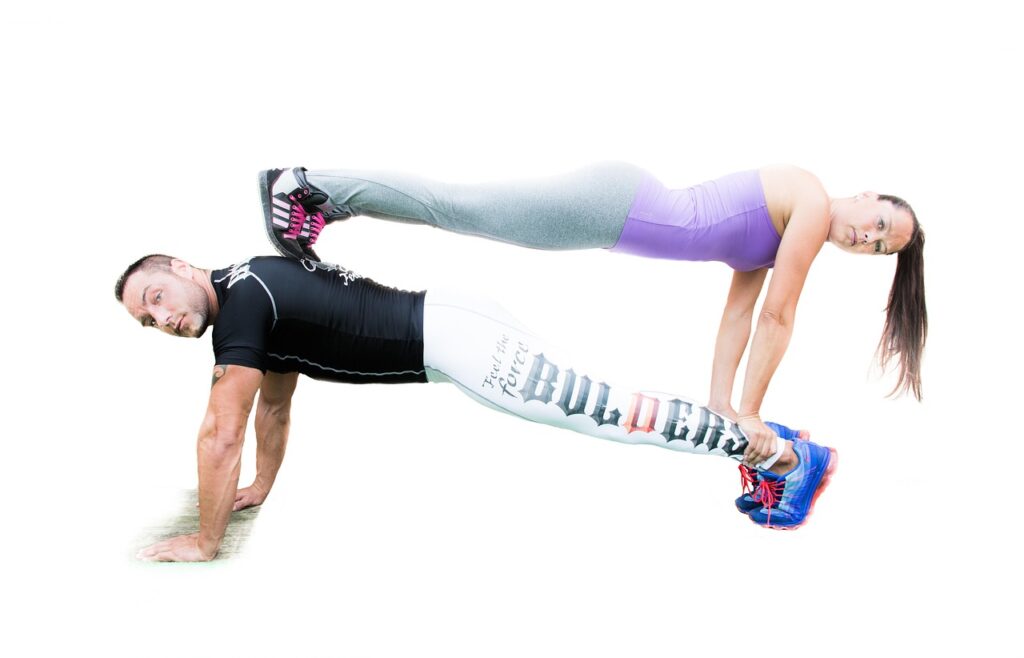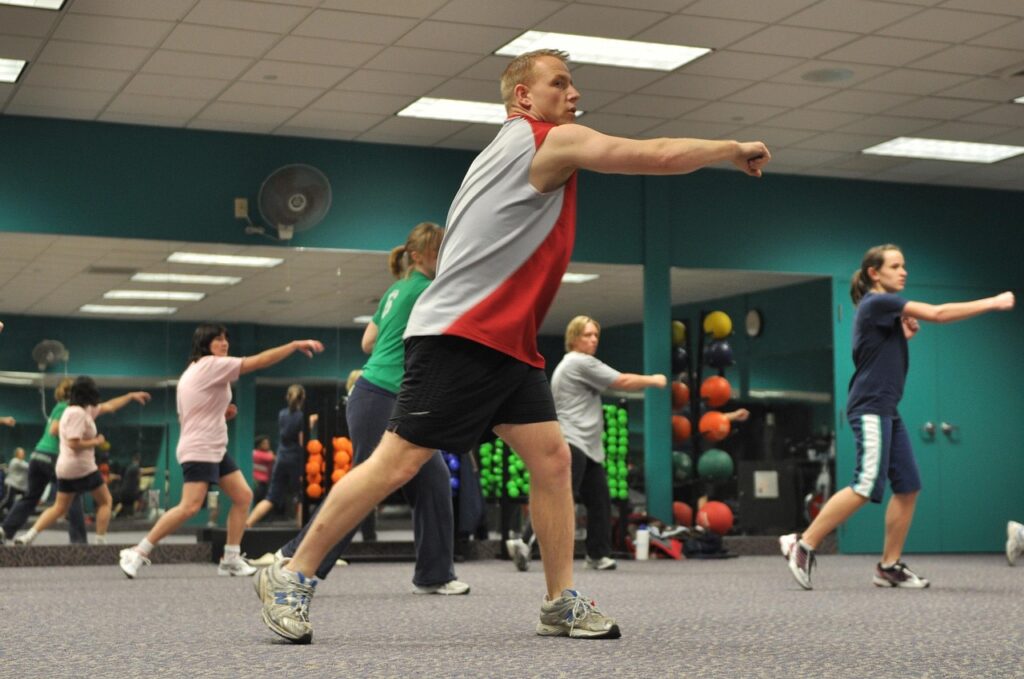
“What workout supplements should I take?” This question echoes through gym halls and online forums, leading countless individuals down a rabbit hole of enticing promises and shiny packaging. With an ever-expanding market, each product claiming to be the magic bullet for your fitness aspirations, it’s easy to get lost in the hype. We’ve all been there, dreaming of that “magic pill, potion or shake that will get us the results we desire,” only to find ourselves disappointed, lighter in the wallet, and no closer to our goals.
The truth, however, is often less glamorous than the marketing suggests. As a veteran personal trainer and nutrition coach with more than 30 years’ experience, I can tell you that “there is no magic pill, potion or shake that will get us the results we desire.” Getting results ultimately boils down to “hard work, a good diet, consistency and having a plan.” While some supplements can genuinely complement these foundational efforts, many are simply “gimmicks or marketing hype,” designed to exploit “people’s naivety and desperation for results.”
So, how do you navigate this minefield of misinformation and avoid wasting your precious time and hard-earned money? This in-depth guide is here to cut through the noise, offering clear, no-nonsense advice on some of the most popular gym supplements that, despite their bold claims, “flat-out refused to deliver results.” We’ll pull back the curtain on these overhyped products, explaining why they fall short and empowering you to make smarter choices that truly contribute to your fitness journey.

1. **Fat Burners**If something sounds too good to be true, it probably is – and that’s certainly the case with fat burners. These supplements are among the most popular but also some of “the worst supplements on the market,” promising to “melt fat off your body like a Mr. Whippy on a hot summer’s day.” The appeal is undeniable, offering a seemingly effortless path to weight loss, making them one of “the most heavily marketed supplements” in the fitness industry.
Despite the alluring marketing, a closer look at their ingredients reveals a less magical reality. Most fat burners “work” primarily by using “high levels of caffeine,” which delivers two main side effects: “boosted energy levels and a suppressed appetite.” This mechanism essentially means fat burners are “likely to make you move more and eat a little less, increasing your chances of creating a calorific deficit.” While this sounds beneficial in theory, it’s hardly a revolutionary approach.
The problem is that you can achieve these same effects through far simpler, cheaper, and healthier means. A “coffee or two to boost energy levels,” “eating a high protein diet to help with feelings of satiety,” and “maintaining a calorie-controlled diet to help create a calorie deficit” will yield identical results. Furthermore, relying on these stimulants can lead to unwanted side effects such as “jitteriness, anxiety, heart palpitations, and even long-term health issues like high blood pressure.” Some “fat burners have been linked to liver damage and other severe health complications,” especially when combined with a poor diet or extreme calorie restriction.
Ultimately, fat burners are a “band-aid solution at best and a health hazard at worst.” They often foster a “false sense of progress,” diverting individuals from “making the necessary dietary and lifestyle changes that would result in sustainable fat loss.” Long-term, effective fat loss is inextricably linked to “proper nutrition, regular exercise, and consistent sleep,” not a pill. As Neiman aptly explains, “If you consume more calories than you burn, you gain weight. If you consume fewer calories than you expend, you lose weight,” and these products are simply “‘truck stop’ stimulants” that have “never been shown to actually ‘BURN’ anything.”
Read more about: Beyond the Sound Barrier: An Exclusive Look Inside Concorde’s Legendary Luxury and Engineering Marvels
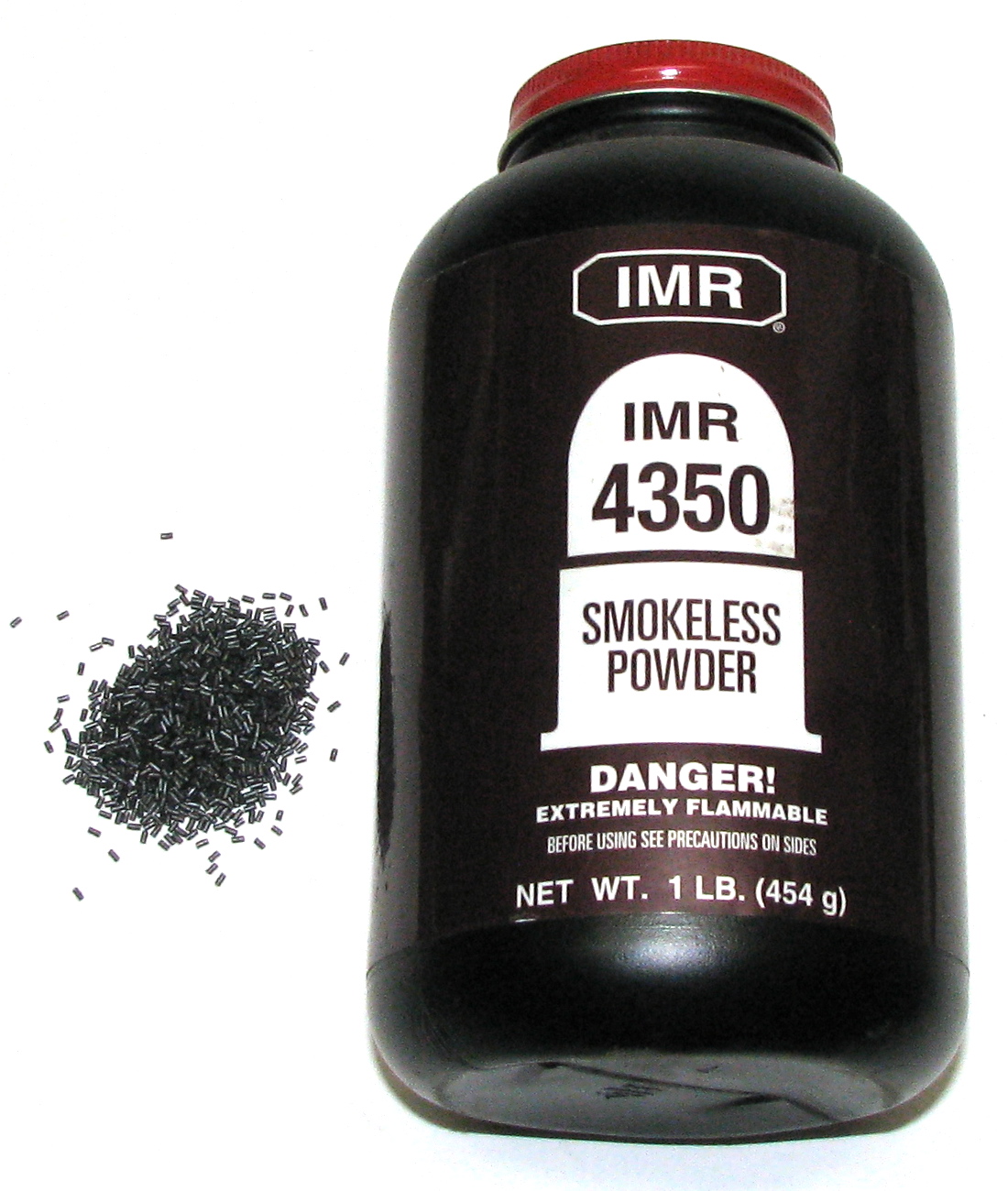
2. **Diet/Bulk Powders**Many gym-goers might wonder why diet and bulk protein powder shakes appear on a list of ineffective supplements, especially given their resemblance to standard protein shakes. The stark reality is that “there is no real difference between them other than how they are marketed.” It’s “a load of marketing BS,” pure and simple.
Upon scrutinizing the ingredient labels of diet/gainer shakes versus regular protein shakes, you’ll discover they are “more or less the same.” While there might be “a slight difference in their carbohydrate content,” that’s typically “about it.” The real deception lies in the “serving suggestion,” which manipulates users into consuming more or less of the product to align with specific weight goals.
Consider the example of an “extreme mass gainer” versus a “regular tub of protein” from the same company. Both might contain the “same 22 grams of protein per scoop and near enough the same calories per scoop.” However, the “extreme mass gainer suggested taking three heaped scoops compared to the one level scoop of the standard protein.” This tactic artificially inflates calorie and protein intake to make it seem like the “gainer” is superior, when in fact, it’s just a recommendation for a larger serving of essentially the same product.
The same misleading principle applies to “diet shakes.” They “claim to guarantee weight loss results” because they “simply give you a smaller scoop in the tub and probably recommend you live off nothing else but their shakes.” This approach dictates an extreme, unsustainable calorie restriction that is far from healthy or practical. Instead of these gimmicky products, if you aim to boost your protein intake, “opt for a standard whey protein or dairy-free option” and “use servings that are in line with your goals and let you hit your daily protein and calorie targets.” Don’t fall for the “marketing tricks known to man” when a simpler, more honest alternative exists.

3. **Branched-Chain Amino Acids (BCAAs)**Branched-chain amino acids, comprising leucine, isoleucine, and valine, have rapidly become a “must-have supplement in many gym bags around the world.” They are heavily “marketed as essential for muscle growth and recovery,” often touted for preventing muscle breakdown and promoting protein synthesis. Yet, despite their widespread popularity, “there’s little to no evidence yet that actually shows the supplement has any benefits” for most individuals.
The fundamental issue with BCAAs is that these three proteins “can be found in high protein foods.” For anyone actively engaged in fitness and aiming to build muscle, it’s “likely you’ll already be eating a high-protein diet.” When you consume complete protein sources like “meat, dairy, and eggs,” you naturally ingest all the amino acids you need, including BCAAs. Therefore, if you’re already hitting your daily protein targets, “they won’t do anything for you,” rendering “the BCAA supplement pretty pointless” and “unnecessary.”
Numerous studies have reinforced this conclusion, consistently showing that “using the supplement has no beneficial effects on muscle performance, muscle mass, anaerobic performance or reducing muscle soreness.” The context even explicitly states, “related: 9 Reasons Why You DON’T Need To Take BCAAs.” While amino acids are indeed “the building blocks of protein” and crucial for muscle development, “taking branch chain amino acids won’t get you the results you want” in isolation. Your body requires a full spectrum of “essential amino acids (EAAs)” for optimal protein synthesis, which a well-rounded diet rich in “good-quality proteins” already provides.
Not only are BCAAs often superfluous for well-nourished individuals, but they are also frequently “expensive, making them one of the most overpriced supplements in the fitness world.” Noah Neiman and Kelly Najjar both highlight BCAAs as among the “worst supplements for muscle growth.” They suggest that if you’re “eating a balanced diet rich in high-quality protein, you don’t need BCAAs.” Instead of “spending money on an overpriced supplement,” focus on “real food or a more comprehensive amino acid supplement like EAAs if needed.” It’s a clear case of marketing hype overshadowing scientific efficacy, where “complete protein sources already supply all the amino acids you need—branch-chain or otherwise.”
Read more about: Amino Acids: Unpacking Supplements and Why They Matter

4. **Glutamine**Glutamine is one of those supplements often seen as a gym staple, largely because “everyone down at the gym takes it just because everyone else down at the gym is taking it.” This herd mentality means that “no one ever really knowing if it’s actually having any benefit on their strength or muscle growth.” However, a quick dive into scientific literature quickly provides a definitive answer: “no.”
This amino acid is frequently “sold as a recovery booster or immune support for athletes.” While glutamine is an amino acid, for “healthy, well-fed exercisers, it’s unnecessary.” Your body efficiently “produces plenty of glutamine on its own, and dietary protein covers the rest.” This natural production and dietary intake mean that supplemental glutamine offers little additional benefit unless an individual is severely deficient, which is rare in well-nourished active populations.
Scientific studies consistently fail to demonstrate significant positive impacts. “One study showed that, over a period of six weeks, a group of men supplementing with glutamine had no greater increases in strength or size compared to the group who were given a placebo.” Another investigation “concluded that having glutamine with your pre-workout drink had no positive impact on strength, tested using the leg press and bench press, and again showed equal results with the group who were only given a placebo.” This compelling evidence underscores its lack of efficacy for muscle growth and performance enhancement.
The research is clear: there is “no meaningful improvement in muscle growth, recovery, or immune function for the average gym-goer” when supplementing with glutamine. Instead of seeking benefits from this overrated recovery aid, the focus should remain on fundamental principles. If you’re looking for a proven supplement to aid strength and size, “creatine would be your best bet.” Beyond that, “it’s just about getting the basics in place; a calorific surplus, a high-protein diet and a structured training programme.” Don’t fall for peer pressure or unsubstantiated claims when it comes to your supplement choices.
Read more about: Beyond ‘Supercalifragilisticexpialidocious’: Unpacking 6 of the Longest, Wildest, and Most Wondrous Words in the English Language
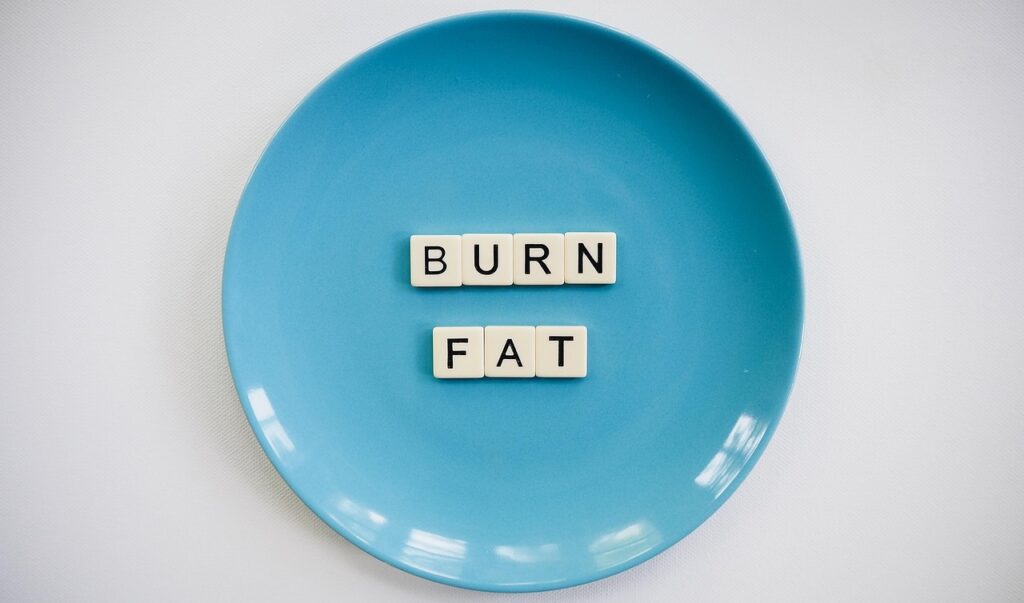
5. **Pre-Workout (Proprietary Blends and Ineffective Dosages)**For many, the “tingling feeling as you enter the gym” after a scoop or three of pre-workout is an almost ritualistic experience, providing a mental boost that “does something for getting you in the zone and ready to lift big.” Yet, beneath this sensation, the question arises: “is there anything more to pre-workouts than a simple placebo effect? Not really.”
The primary issue with most pre-workouts lies in their composition, often featuring a blend of ingredients known as “proprietary blends.” These blends frequently contain components that are either “isn’t backed by science to show any benefits to training or is included in too small a dose to be beneficial.” Common ingredients like “BCAAs, glutamine, arginine, citrulline malate and beta-alanine (which causes that tingling sensation)” are often present, but their effectiveness in these formulations is highly questionable.
As discussed earlier, “BCAAs and glutamine” have “little to no evidence yet that actually shows the supplement has any benefits” for most gym-goers. Regarding the other common ingredients, “arginine has poor bioavailability, meaning little of it is actually absorbed.” Similarly, “citrulline malate and beta-alanine are often included in dosages too small to be effective,” negating any potential performance benefits. While beta-alanine does cause the noticeable tingling, this “is not a dangerous side-effect,” but it doesn’t necessarily translate to enhanced performance at the typical dosages found in many proprietary blends.
Therefore, the perceived boost from pre-workouts is often more psychological than physiological. If you’re seeking a reliable and cost-effective energy kick before your workout, the advice is simple and direct: “Just take a coffee before hitting the weights room for a caffeine hit.” You might “miss out of the pre-workout sensation,” but your “gym performance won’t suffer for it,” and you’ll avoid the often-exorbitant cost and dubious efficacy of many pre-workout supplements. The true path to improved performance comes from consistent training and a proper diet, not from a concoction of under-dosed or unproven ingredients.
6. **ZMA (Zinc Magnesium Aspartate)**For years, ZMA has been championed in locker rooms and supplement stores alike as a powerful triple-threat for male athletes: a recovery aid, a sleep enhancer, and a natural testosterone booster. The blend of zinc, magnesium, and vitamin B6 certainly sounds impressive on paper, and the promises of amplified strength and muscle gains are undoubtedly alluring. It’s easy to get swept up in the idea that a simple capsule can unlock such widespread benefits for your physique and performance, making it a popular choice for those chasing an edge.
However, the real effectiveness of ZMA is far more nuanced, and for many, it simply doesn’t deliver the hyped results. The scientific evidence clearly shows that “benefits appear only in people who are deficient in zinc or magnesium.” This is a crucial distinction. If you’re a “well-nourished individual” with a balanced diet, your body is likely already receiving adequate amounts of these essential minerals. In such cases, supplementing with ZMA becomes largely superfluous, as your body simply doesn’t need the extra input.
The claims of boosting testosterone, strength, or muscle gains in healthy, non-deficient individuals remain largely unsubstantiated. “In well-nourished individuals, ZMA doesn’t increase testosterone, strength, or muscle gains.” While zinc and magnesium are indeed vital for numerous bodily functions, including hormone production and muscle function, simply adding more to an already sufficient intake doesn’t translate into supra-physiological benefits. It’s akin to pouring water into an already full glass; no matter how much more you add, the glass won’t hold it.
Ultimately, ZMA boils down to “essentially just vitamins and minerals you could get from food.” Prioritizing a diet rich in zinc (found in red meat, poultry, beans, nuts) and magnesium (abundant in leafy greens, nuts, seeds, whole grains) is a more effective and natural way to ensure your body has what it needs. Don’t waste your money on a supplement promising a boost you likely won’t experience if your diet is already on point. Focus on foundational nutrition, and let your plate do the heavy lifting.

7. **Non-Pharmaceutical Testosterone Boosters**The allure of higher testosterone levels is undeniable for many men seeking to maximize muscle growth, strength, and overall vitality. The market is flooded with “testosterone boosters” promising “steroid-like” effects and a dramatic transformation in your physique and performance. Products with exotic-sounding ingredients like tribulus, fenugreek, and D-aspartic acid are aggressively marketed with claims of significantly elevating natural testosterone production, making them seem like the ultimate shortcut to your fitness goals.
However, the reality behind these non-pharmaceutical “testosterone boosters” is a stark contrast to their audacious marketing. “In reality, clinical studies show minimal or no effect in healthy men.” This means that for the vast majority of individuals who are not clinically deficient, these supplements simply do not deliver on their central promise of increasing testosterone to a meaningful degree that translates into noticeable “muscle growth and better strength gains.” As Noah Neiman astutely points out, “There is absolutely a correlation between testosterone levels and muscular composition. However, all of these over-the-counter pills claiming to naturally boost testosterone have shown little to no impact on actually doing so.”
Beyond their ineffectiveness, many of these “overhyped” products can be a costly gamble, and in some cases, potentially harmful. The context explicitly states, “These products are expensive, overhyped, and potentially toxic.” Some low-quality formulations might even contain undisclosed substances, leading to serious health problems or causing users to fail drug tests. Furthermore, relying on these supplements can divert attention from genuine, proven methods of optimizing natural testosterone levels and overall health, fostering a false sense of security.
So, what actually works if you’re looking to support healthy testosterone? The answer lies not in a pill, but in fundamental lifestyle practices. “Natural testosterone production is better supported through sleep, stress management, proper nutrition, and strength training.” Prioritizing adequate sleep, managing stress effectively, consuming a balanced diet rich in whole foods, and engaging in consistent resistance training are far more potent and safer strategies than any “testosterone booster” on the market. “Save your money!” and invest in habits that truly nurture your body’s natural capabilities.
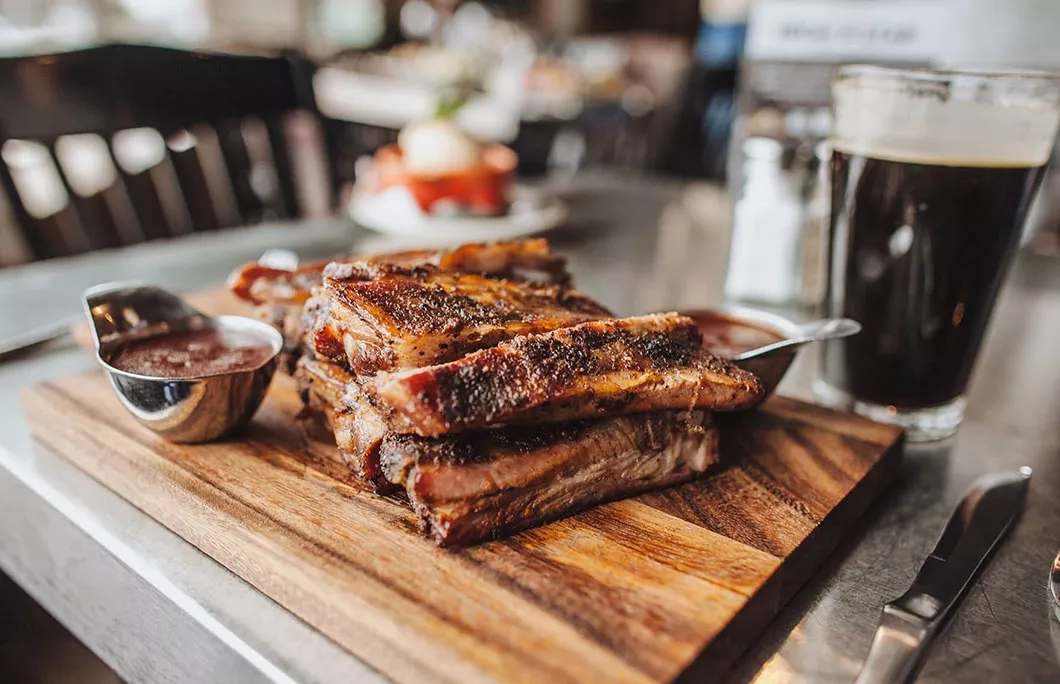
8. **Low-Quality or Vegetarian Protein Powder**Protein is undoubtedly the undisputed king when it comes to muscle building and recovery, a cornerstone of any serious fitness regimen. Everyone in the gym understands its critical importance, making protein powders a popular and convenient way to hit those daily targets. However, the market’s vast array of options can be misleading, and as Kelly Najjar rightly stresses, “not all protein is created equal.” The choice of your protein powder can significantly impact its effectiveness, particularly when considering low-quality or certain vegetarian options.
The primary concern with many vegetarian protein powders is their “completeness.” Unlike animal proteins (such as grilled chicken, which is highlighted as easily digestible and absorbable with more protein per cup than many powders), “most vegetable proteins are not complete proteins, meaning they don’t have all the essential amino acids.” Your body requires a full spectrum of essential amino acids to optimally build and repair muscle tissue. Relying solely on a single source of incomplete vegetarian protein means you’re likely missing crucial building blocks, hindering your progress.
To counteract this, individuals opting for vegetarian protein sources must be strategic, as “it’s important to mix various sources of vegetarian protein in order to obtain all of the essential amino acids.” This often means combining different plant-based proteins throughout the day or even within a single shake to create a complete amino acid profile. Furthermore, “when compared to animal proteins, vegetable proteins don’t absorb as nicely, meaning you need to eat a greater amount of them” to achieve the same muscle-building benefits. This impacts not just cost, but also digestive comfort and satiety.
Beyond the “completeness” factor, the overall quality of any protein powder – vegetarian or otherwise – is paramount. Low-quality products may contain fillers, artificial ingredients, or simply have poor digestibility and absorption rates, negating their intended benefits. Instead of falling for cheap deals or marketing hype, prioritize transparency and quality. Opt for reputable brands that provide complete protein profiles, whether it’s a high-quality whey protein or a thoughtfully formulated blend of plant proteins. Remember, “digestibility and absorption rate must be considered,” because if your body can’t effectively utilize the protein, you’re merely flushing your money down the drain.

9. **Most Multivitamins (Low-Quality)**The multivitamin aisle at any supplement store can be overwhelming, packed with an endless array of bottles promising vibrant health, increased energy, and the bridging of all nutritional gaps. Many low-quality multivitamins aggressively “claim to be an excellent source of minerals and vitamins,” presenting themselves as a simple, all-encompassing solution to daily micronutrient needs. The idea of a single pill covering all your bases is certainly appealing, especially in our fast-paced lives where perfect diets can be challenging to maintain.
However, the unfortunate truth is that many of these widely available multivitamins are largely ineffective, failing to deliver on their grand promises. The critical factor often overlooked by consumers is “the bioavailability of what you’re taking,” as Noah Neiman highlights. Bioavailability refers to the proportion of a nutrient that is absorbed from the diet and used for bodily functions. A multivitamin can list impressive dosages on its label, but if the forms of those vitamins and minerals are not easily absorbed by your body, much of it simply passes through your system, providing little to no actual benefit.
Moreover, the quality of ingredients can vary wildly. Low-quality multivitamins might use cheaper, less absorbable forms of nutrients or contain unnecessary fillers and additives. They can create a false sense of security, leading individuals to believe they are adequately nourishing their bodies when, in reality, they might still be missing crucial micronutrients or not absorbing what’s supposedly present. This makes them a prime example of “‘magic’ pill that makes outlandish claims,” as Neiman warns.
Instead of relying on a potentially ineffective multivitamin, a more impactful approach is to prioritize “adequate rest, nutrition, and hydration.” A diverse diet rich in whole, unprocessed foods will naturally supply a broad spectrum of vitamins and minerals in their most bioavailable forms. Coupled with sufficient sleep and consistent hydration, this foundational strategy far outweighs the benefits of a dubious multivitamin. If you suspect a specific deficiency, it’s always best to consult with a healthcare professional to get targeted advice and consider single-nutrient supplements if truly necessary, rather than generic, low-quality blends.
10. **Echinacea**Venturing beyond traditional gym supplements, we encounter a familiar name in the wellness sphere: Echinacea. For centuries, this herbal remedy has enjoyed widespread popularity, particularly for its purported ability to ward off colds and boost immune function. From ancient Native American treatments to its re-emergence in modern health stores, Echinacea is a supplement many turn to at the first sign of a sniffle, with some users swearing by its healing power. The idea of a natural solution to common ailments is undeniably attractive, leading to its continued presence in many households.
Despite its enduring popularity, the scientific community remains divided on Echinacea’s effectiveness, leaving many consumers in a state of “clear as mud” uncertainty. While the supplement is commonly taken to “prevent the onset of or reduce the symptoms of the common cold and other upper respiratory tract infections,” rigorous studies have produced conflicting results. For instance, a 2007 study suggested that Echinacea “did reduce the duration of the common cold by as much as (on average) 1.4 days” and could “reduce the risk of catching a cold in the first place by as much as 58 percent.” These findings certainly fueled its reputation as a potent immune ally.
However, the narrative isn’t consistently positive. A subsequent 2010 study “concluded that taking echinacea didn’t improve the duration or symptoms of a cold any better than a placebo could.” In fact, its most optimistic outcome indicated only a marginal reduction in cold length, “about seven hours,” which was deemed statistically insignificant. This direct contradiction leaves the “jury still out,” making it difficult to confidently recommend Echinacea as a reliable preventative or treatment for the common cold.
Furthermore, while some individuals explore Echinacea for other conditions like typhoid, malaria, or genital herpes, the context explicitly states “there’s no clinical evidence echinacea would be beneficial treating any such things.” This underscores the importance of relying on evidence-based medicine for serious health concerns rather than anecdotal claims or unproven herbal remedies. When it comes to immune support, focusing on well-established practices like adequate sleep, balanced nutrition, stress management, and proper hygiene offers a more scientifically sound and consistently effective approach than an unreliably effective supplement like Echinacea. Don’t let historical use overshadow contemporary scientific scrutiny.
**Closing Thoughts**
After dissecting these ten commonly hyped supplements, one truth becomes abundantly clear: there’s no magic shortcut on the path to fitness. The supplement industry, with its elaborate promises and clever marketing, often plays on our desire for quick results. But as this deep dive has shown, many products simply “flat-out refused to deliver results,” instead draining your wallet and diverting focus from what truly matters. Instead of chasing fleeting fads and questionable claims, channel your energy into the fundamentals that have always worked: consistent, hard work in the gym, a well-structured and nourishing diet, sufficient sleep, and proactive stress management. These foundational pillars are the real “supplements” that will build the body you desire, delivering tangible, sustainable progress that no pill or powder can ever replicate. Embrace the grind, trust the process, and let your effort, not a supplement, be your ultimate performance enhancer.

